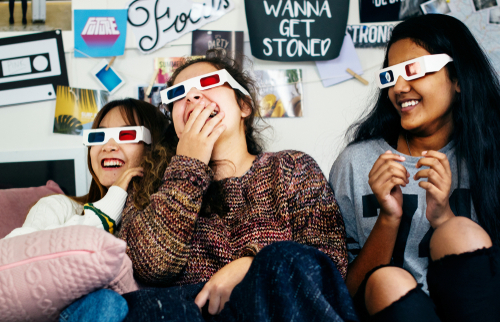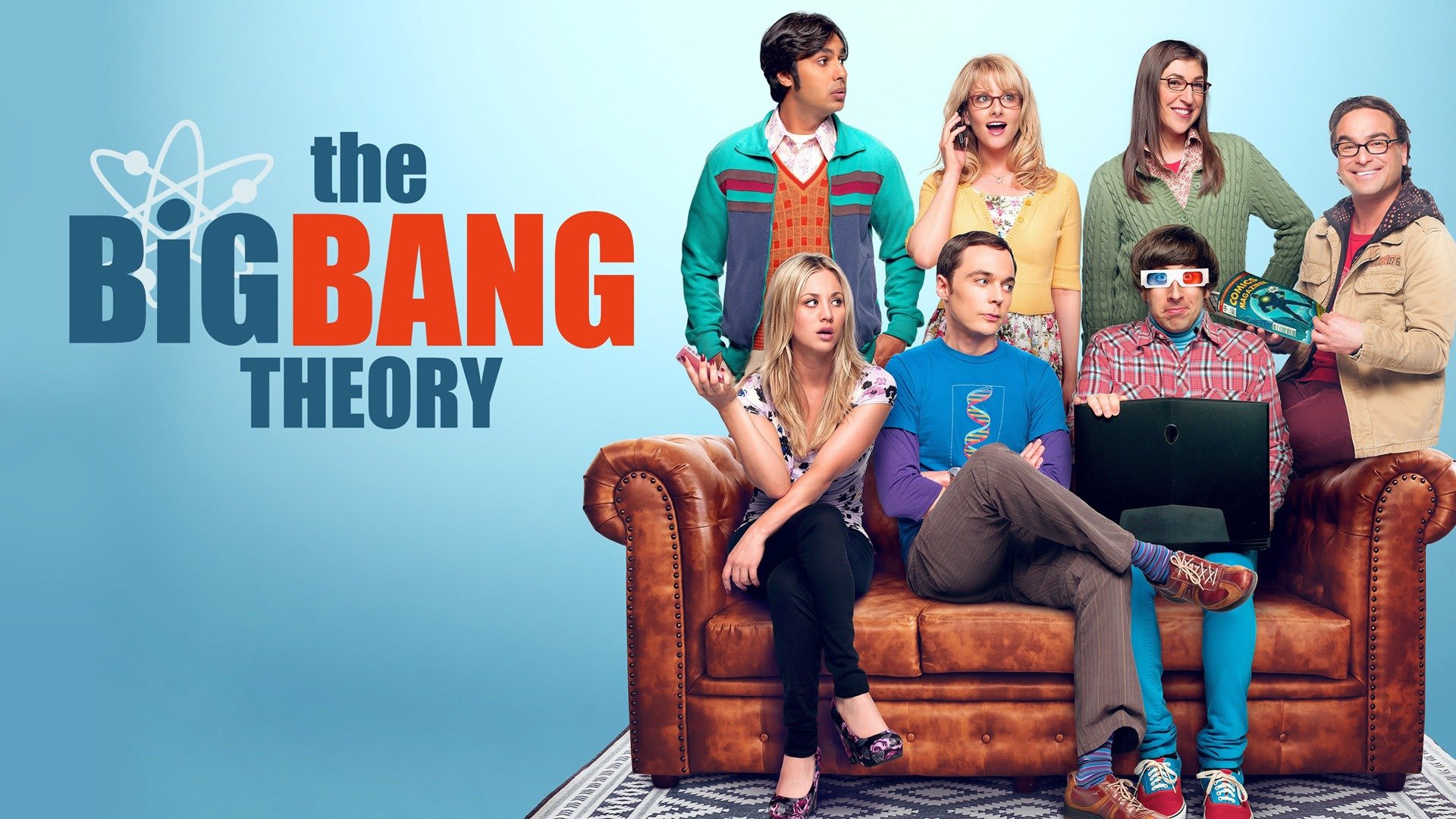Beyond the Textbooks: Exploring Physics Through Literature, Films and Documentaries

Physics, often confined within the pages of textbooks and equations, can seem distant and abstract. However, beyond the traditional classroom setting, there exists a treasure trove of literature, films, and documentaries that vividly illustrate physics concepts and their real-world applications. In this blog, we will delve into how books, films and documentaries offer a unique perspective on physics, making the subject more engaging and relatable.
Books
“Three-Body”(《三体》) by Liu Cixin (刘慈欣) :
This award-winning science fiction novel transports readers into a world of complex physics concepts set against the backdrop of China’s Cultural Revolution and beyond. Liu Cixin masterfully weaves together astrophysics, quantum mechanics, and the Fermi paradox into an intriguing narrative that challenges our understanding of the universe.
“A Brief History of Time” by Stephen Hawking:
In this groundbreaking work, renowned physicist Stephen Hawking explores the fundamental principles of the cosmos, from the origins of the universe to the nature of black holes. Through accessible language and captivating anecdotes, Hawking offers readers a glimpse into the mysteries of space and time.
Films
“Interstellar” (2014):
Directed by Christopher Nolan, “Interstellar” is a visually stunning masterpiece that delves into the complexities of space travel and relativity. The film follows a group of astronauts on a mission to find a new habitable planet for humanity, grappling with concepts such as time dilation and black holes along the way. Through breathtaking visuals and a compelling storyline, “Interstellar” offers viewers a captivating glimpse into the wonders of the cosmos.
“Inception” (2010):
Christopher Nolan’s mind-bending thriller takes audiences on a journey through the layers of the subconscious mind. While not explicitly about physics, “Inception” explores concepts such as time perception and the nature of reality, challenging viewers to question the boundaries of the human experience.

“Back to the Future” (1985):
This classic movie uses time travel to explore physics concepts like relativity and the butterfly effect in a lighthearted and entertaining manner.
“The Big Bang Theory”(2007-2009):
While not wholly accurate, this sitcom offers a funny and relatable portrayal of a group of socially awkward but brilliant physicists and their equally quirky friends.
Documentaries
“Black Holes: The Edge of All We Know” (2021):
This visually stunning documentary explores the mysteries of black holes and their impact on our understanding of the universe.
“Particle Fever” (2013):
This documentary provides an insightful look into the world of particle physics, exploring the quest to understand the building blocks of the universe.
Remember, the key to enjoying physics is finding resources that resonate with you. Don’t be afraid to experiment with different formats and topics. There’s a whole universe of physics waiting to be discovered!
In Physics Academy’s classrooms, Mr. Lai doesn’t just stick to textbooks. He incorporates materials from movies and documentaries to explain concepts, sparking students’ interest. If you’re interested in joining this dynamic learning environment, sign up for a trial lesson at Physics Academy today!
Pro and Cons of Removal of Mid Year Exam
The recent announcement by the Ministry of Education (MOE) to remove mid-year examinations for all...
Why Physics is Essential for STEM Careers
From designing new technologies to exploring the mysteries of the Universe, Physics plays a...
What is the difference between Combined Science and O-level Physics?
Physics is a fascinating subject that studies the natural world, matter, motion and energy. It is...










